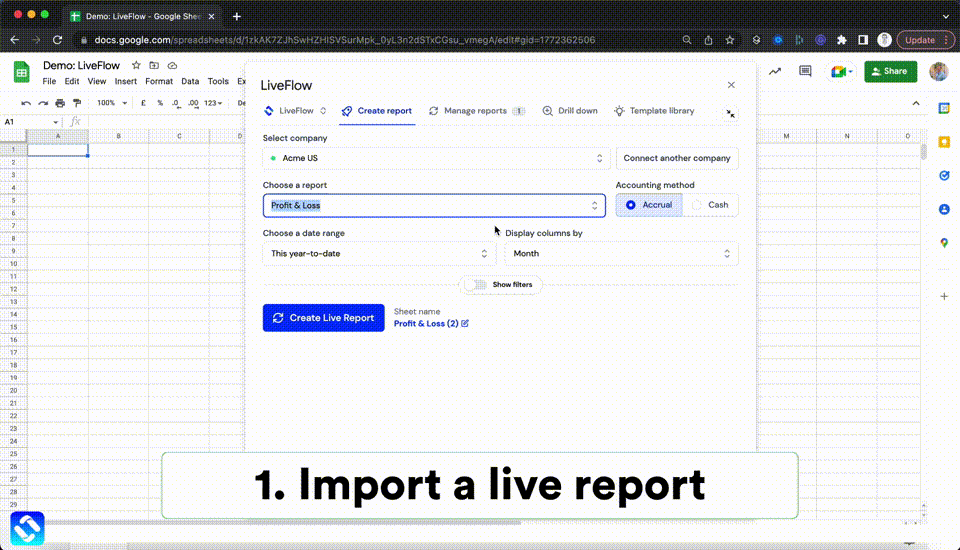Gross proceeds is a term that has been used in accounting for many years. When you dig into the details, gross proceeds refers to the money received from selling goods or services before any expenses are taken off. In other words, gross proceeds is the total income from an account before taxes and other deductions have been removed. It is also referred to as Gross Sales Proceeds or simply Gross Revenue.
This brief guide will explain everything you need to know about gross proceeds so that you can accurately report this figure on your balance sheet at tax time.
What is Gross Proceeds?
Gross proceeds refers to the total amount of money received from selling a product or service. It's the total amount of money received before any deductions are made. In other words, gross proceeds are the total income from a sale before taxes, shipping, and any other discounts are considered.
When calculating gross proceeds, you need to include any money received, including partial payments. You will also need to consider any money that has been paid back, such as refunds. This will allow you to accurately calculate the gross proceeds and use this figure to keep accurate financial records.
Why are Gross Proceeds Important?
The gross proceeds from an account are an important figure for accounting purposes. This figure allows you to accurately record the amount received from a sale, and it can help you make accurate predictions about future sales. Additionally, the gross proceeds from an account can help you accurately report the total profit of an account. This information can help you make important business decisions, such as whether to accept partial payments from a customer.
The gross proceeds from an account are also important for tax purposes. These figures can be used to calculate the profit from an account, which will help you determine which tax bracket your business will fall into. The total profit from an account will also be used to calculate your taxes, so it is important that you keep accurate gross proceeds figures.
Are Gross Proceeds Taxable?
The gross proceeds from an account are not taxable. However, the gross proceeds from an account can be used to calculate the profit from an account, which will be taxable. The profit from the sale of goods or services will be determined by subtracting the total expenses from the gross proceeds. The profit will be added to the gross proceeds, and this amount will be taxed at the corresponding tax bracket for your business.
Keep in mind that if a business is a sole proprietorship and there are no employees, then the owners of the business will be taxed as if they are self-employed. This means that the gross proceeds from an account can be taxed as either ordinary income or capital gains. This is important to remember when submitting your personal and business tax returns at the end of the fiscal year.
How To Calculate Gross Proceeds
Gross proceeds are the total price of a product minus any discounts, shipping, or handling costs. This is important because it tells you how much money you sold the product for. To calculate gross proceeds with the gross proceeds formula, you simply subtract the cost of selling a product or service from the total price.
For example, if your product sells for $40 but you paid $5 to ship it to the customer, then your gross proceeds for that transaction would be $35 ($40-$5). This is a very simple example, but it does a good job of illustrating the point.
It’s important to remember that gross proceeds may not always reflect the total revenue generated by a business. Gross proceeds often does not include things like donations, affiliate commissions, and advertising sales. But by keeping track of gross proceeds, you’ll be able to get a good idea of how much your products are selling for, and this information allows you to plan and budget accordingly.
Conclusion
Gross proceeds are the total money received from the sale of goods or services before any deductions are made. These figures can be helpful for making important business decisions and accurately recording the sales from an account. For tax purposes, gross proceeds can be used to calculate the profit from an account, which will subsequently be taxed at the corresponding tax bracket for your business.
Recommendation
Even at the best of times, financial accounting can be confusing and stressful. Fortunately, there are some great tools on the market that can make the task much easier. One of the best financial accounting platforms is LiveFlow, which allows users to simplify their business accounting and bookkeeping with useful templates and features that automate many of the most complicated procedures.
LiveFlow allows new users to try the platform for free with a 30-minute demo. So, there is absolutely no risk involved with testing LiveFlow for yourself. If you are tired of struggling with your business accounting, then be sure to check out LiveFlow today; it really is a game-changer that can save you time, stress, and money.



.png)
.png)
.png)








